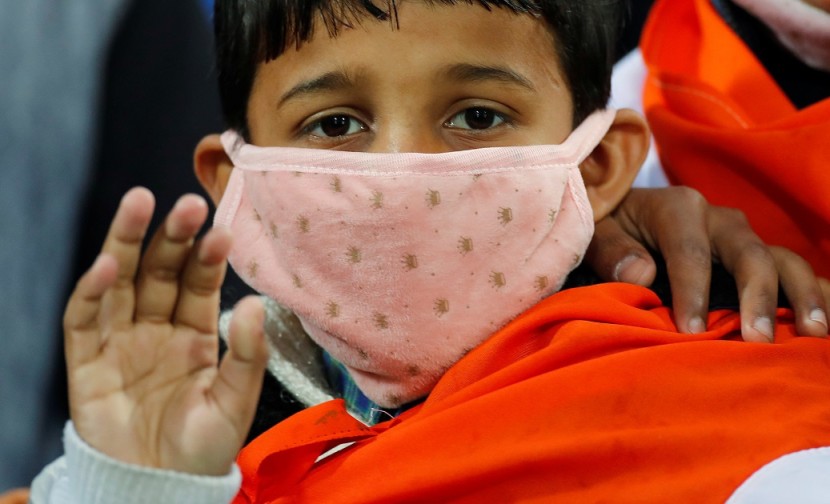
If you went ahead with your travel plans anyway, imagine your surprise and confusion when you find everyone suddenly in full-on prepper mode in the country you are visiting.
The coronavirus outbreak had been widespread in China and many other countries, with a rising number of fatalities recorded as of now.
The Centers for Disease Control and Prevention (CDC) advises household members to be well-prepared for the possibility of a COVID-19 outbreak in their community. Public health officials may instruct community actions plotted to help keep people healthy, reduce exposures to the novel coronavirus, and slow the spread of the disease.
The simple answer to what preparedness looks like in practice is to "Do not panic - but do prepare." Rebecca Katz, director of the Center for Global Health Science and Security at Georgetown University, recommends not only contingency planning, but also preparedness planning for your family. To ensure self-sufficiency at home for weeks, we compiled a list for you:
Make it a consideration to stock up on enough non-perishable food to last about two weeks. Make sure that they are shelf-stable and require no refrigeration.
This has been repeated over and over again: wash your hands. Wet your hands with clean running water and then lather them with soap. Don't forget the backs of your hands, between your fingers or under your nails.
With the prevalence of the pandemic, self-isolation or quarantine is one of the key strategies in "flattening the curve" of diagnosed cases. These 14-day isolation periods involve people staying within their homes and not having physical contact with those outside.
Being the most at risk of becoming seriously ill, elderly people with underlying health conditions should stock up on food and prepare to isolate themselves at home. This tip is from the US Centers for Disease Control and Prevention as part of the recommendations aimed at the most vulnerable populations and originates partly from a new study of 70,000 Chinese patients with the novel coronavirus.
Stay away from malls and other crowded places. You should refrain from checking books out of the public library because such volumes have been passed through so many other hands.
If your employer does not offer to work at home, remind them of the threat or send them the guidance plan for the Centers for Disease Control and Prevention.
The coronavirus can be problematic and you might be feeling uncertain or fearful about what is to come. Those feelings can feel even more heightened, according to Laura Hawryluck, a critical care physician and associate professor at the University of Toronto. "We don't realize just how social beings we are until that contact is reduced or diminished because we can't leave our homes."
Social distancing is keeping at least 2 meters (3 steps) from other people in your home, particularly older people or those with long-term health conditions.
Ask the people in your life and delivery services to deliver necessities like food shopping and medicines.








